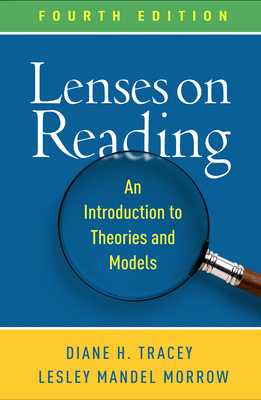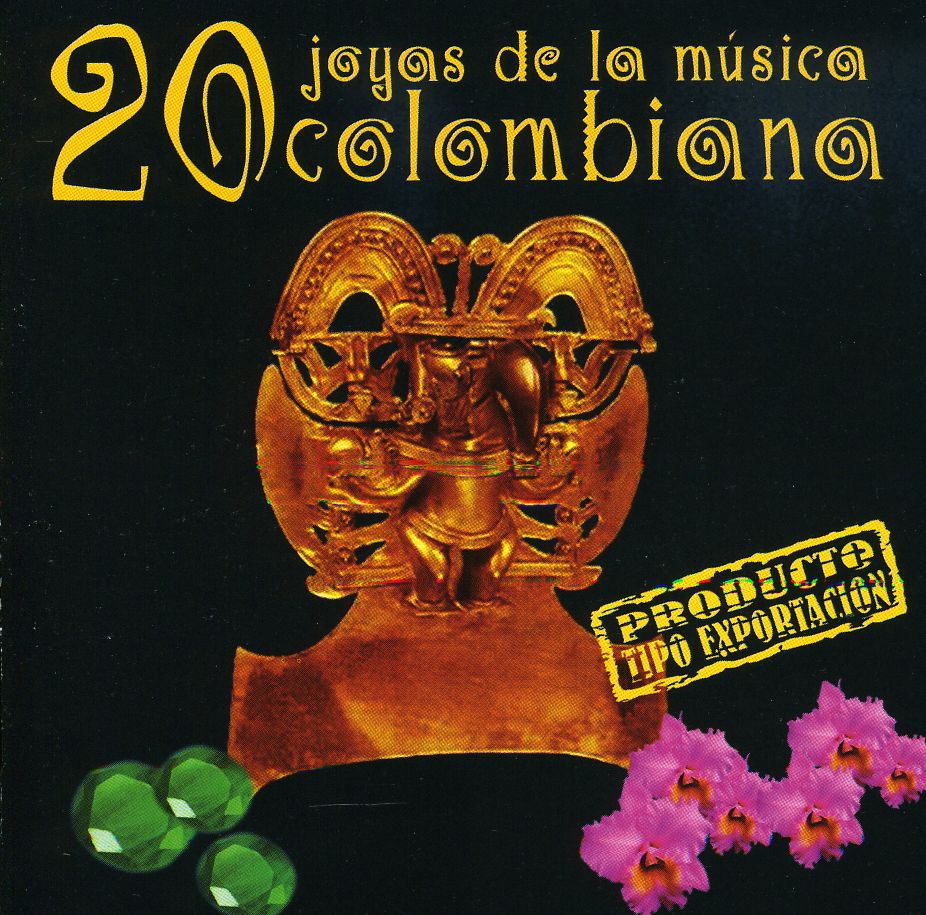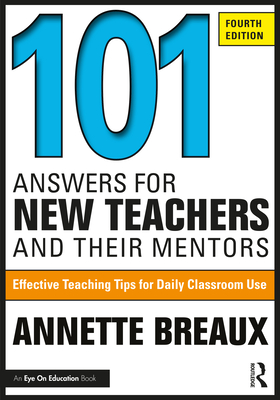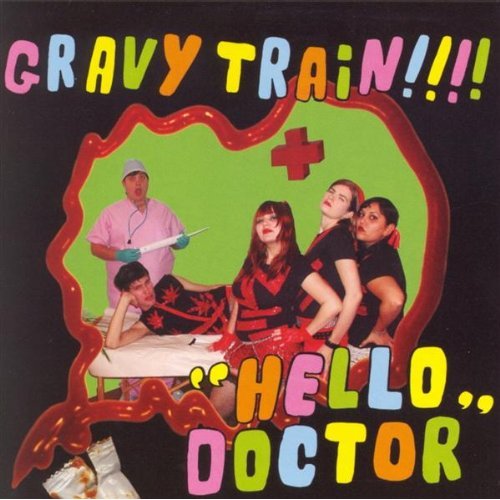
description
th edition incorporating current advances in research and instructional practices, this well-established text accessibly introduces prominent theories and models related to reading. The book is organized chronologically, from classical approaches to contemporary cognitive, social learning, physiological, and affective perspectives. It emphasizes that the more lenses educators possess for examining reading processes, the better equipped they will be to understand and facilitate children's literacy development. Pedagogical features include framing and discussion questions, learning activities, teacher anecdotes, and examples of how each model is applied in classroom practice and research. New to This Edition
*Chapter on digital literacy.
*Expanded discussions of direct/explicit instruction, social and emotional learning, critical literacy theory, critical race theory, culturally responsive teaching, social equity and justice, the science of reading, and neuroscientific lenses.
*All chapters updated with the latest research; many new classroom anecdotes added.
*Links to recommended YouTube videos illustrating the theories and models.
*Chapter on digital literacy.
*Expanded discussions of direct/explicit instruction, social and emotional learning, critical literacy theory, critical race theory, culturally responsive teaching, social equity and justice, the science of reading, and neuroscientific lenses.
*All chapters updated with the latest research; many new classroom anecdotes added.
*Links to recommended YouTube videos illustrating the theories and models.
member goods
No member items were found under this heading.
listens & views

20 JOYAS DE LA MUSICA ...
by 20 JOYAS DE LA MUSICA COLUMBIANA / VARIOUS
COMPACT DISCout of stock
$10.25
Return Policy
All sales are final
Shipping
No special shipping considerations available.
Shipping fees determined at checkout.






